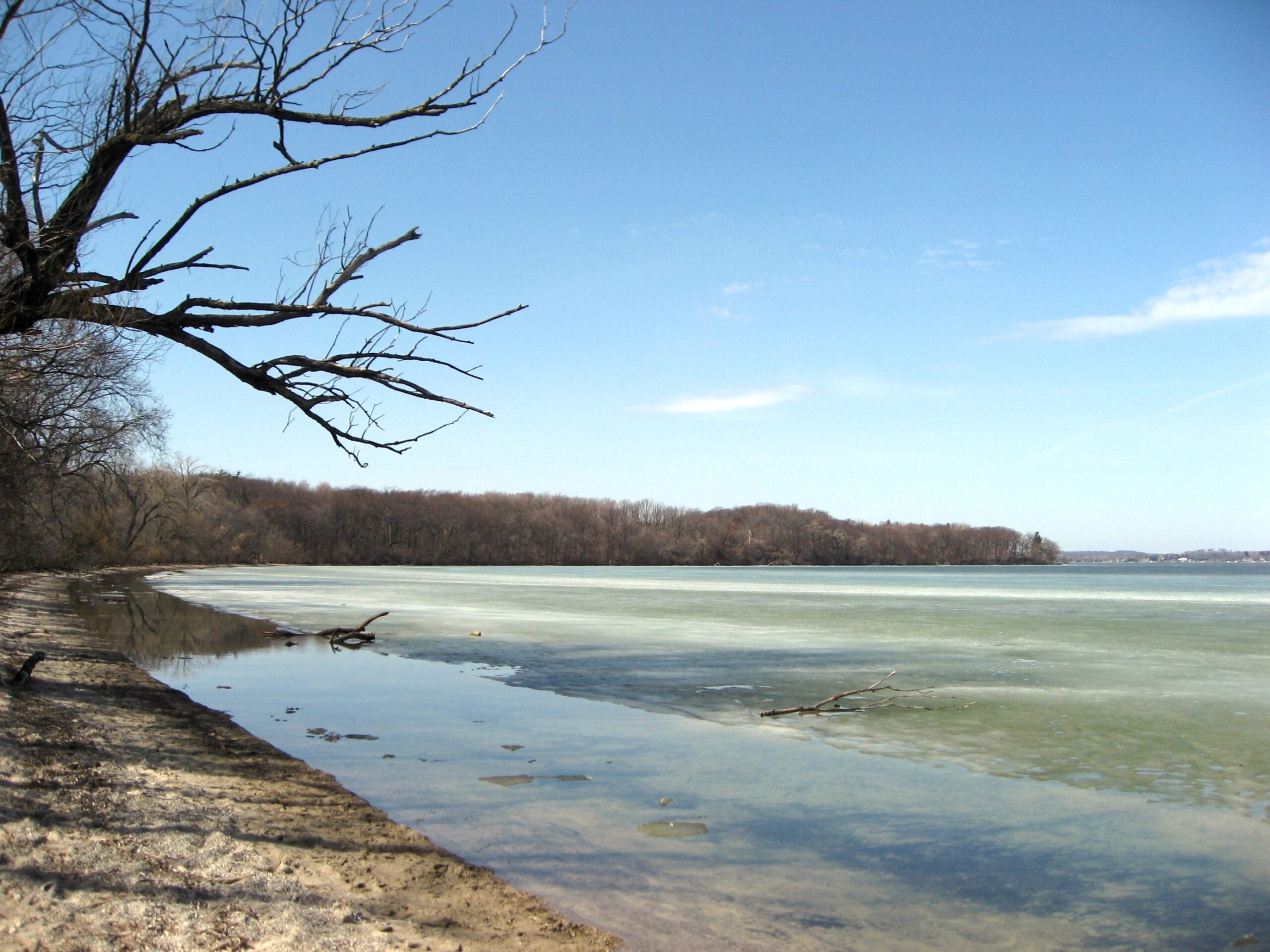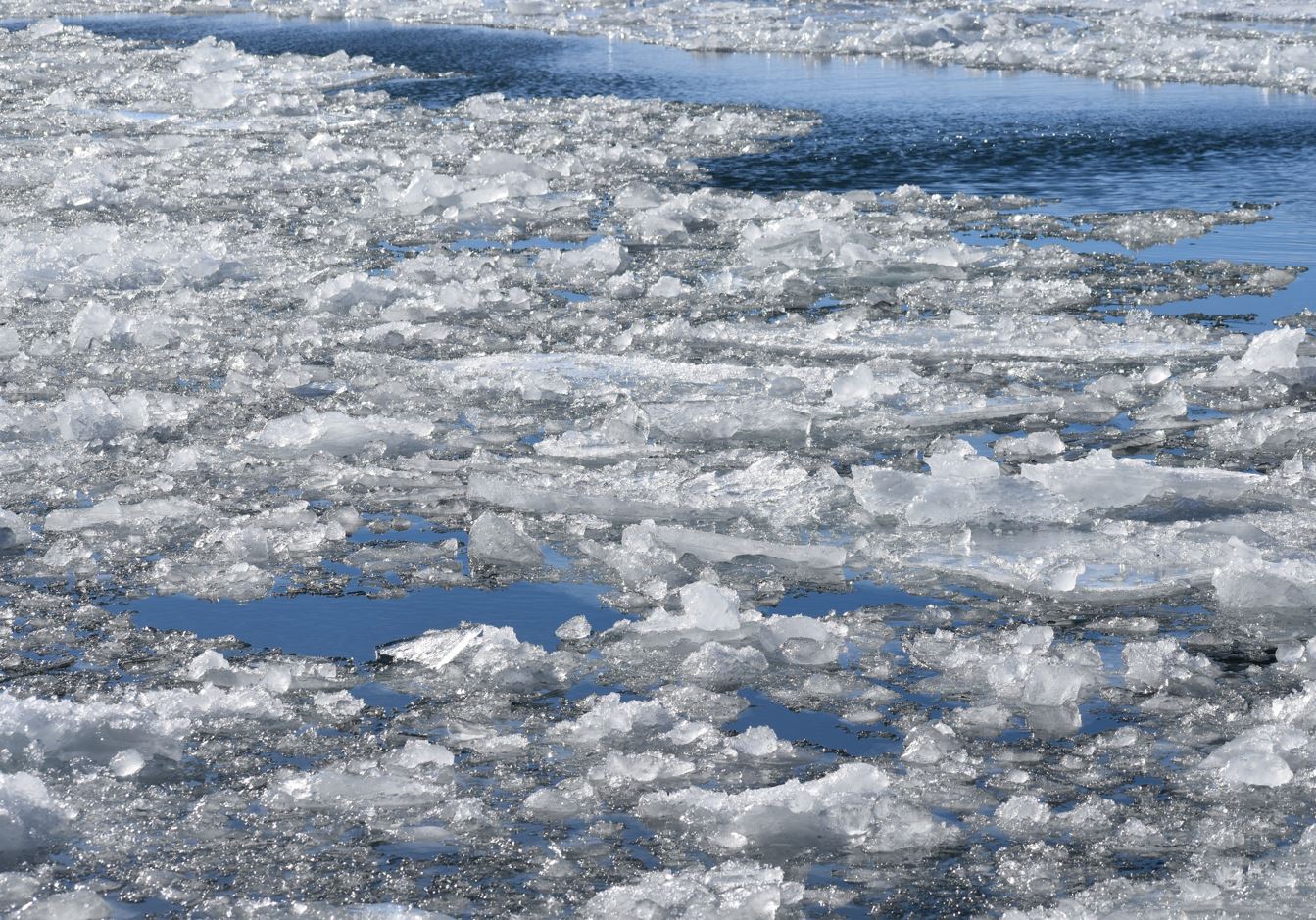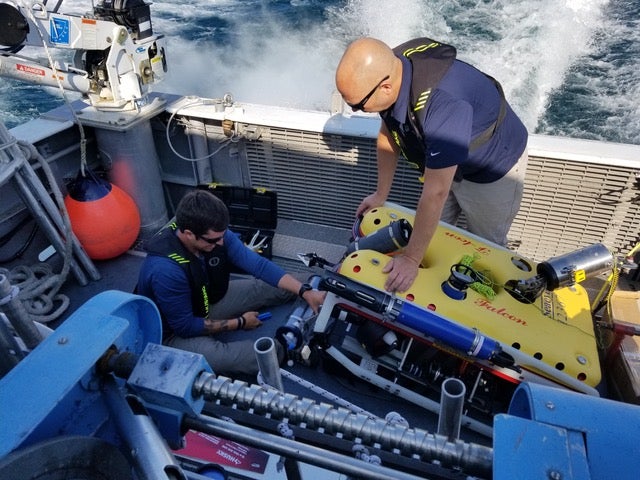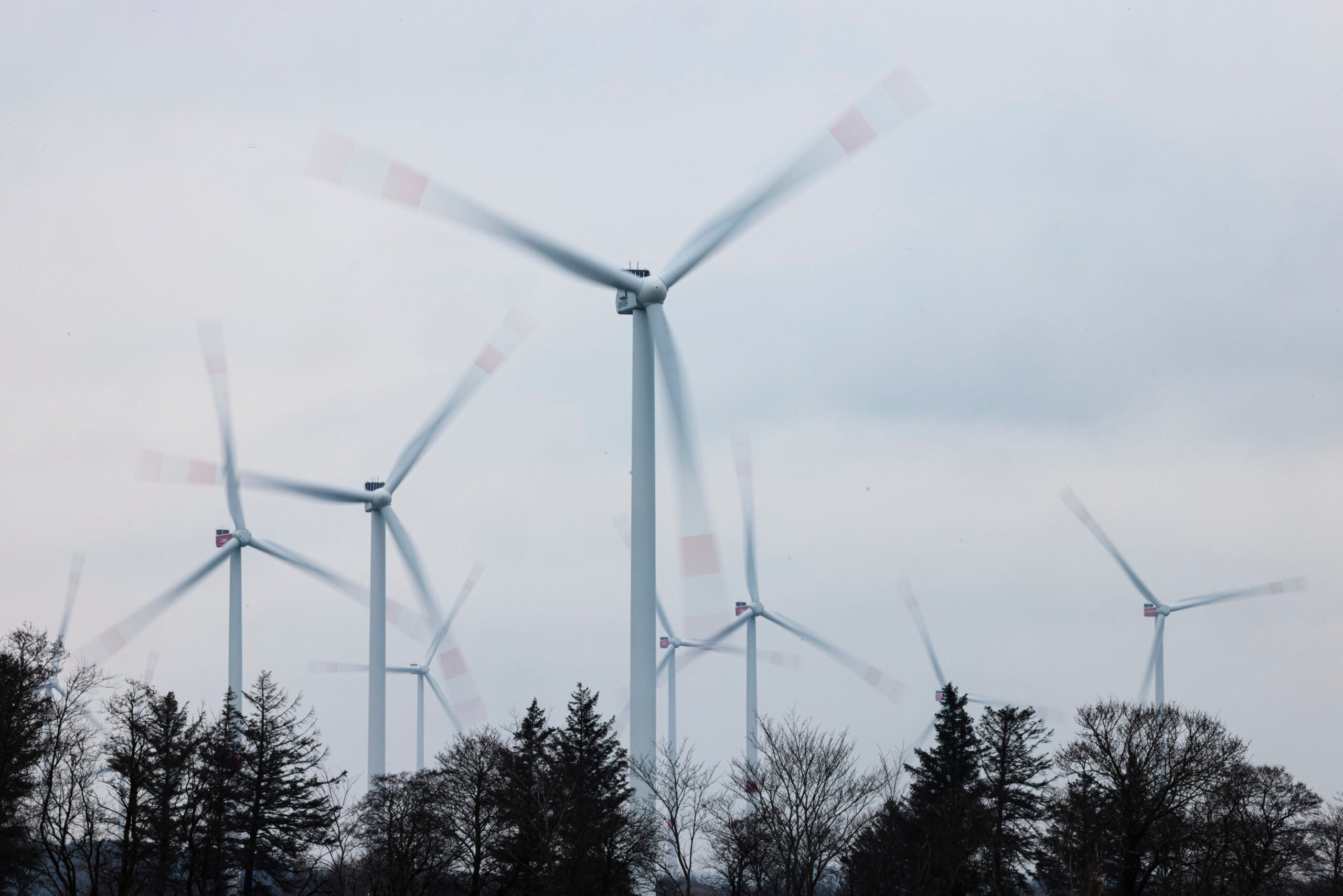As heavy rain pours onto much of Wisconsin this week, scientists and advocates are discussing water quality concerns for the state during the next decade.
Scientists generally expect climate change to continue in Wisconsin, leading to things like earlier departures of lake ice, precipitation extremes and warming of surface waters.
University of Wisconsin (UW)-Madison emeritus zoology professor John Magnuson says since the effects of climate change are already here, mitigating or trying to make the effects milder will not be enough. Magnuson says adaptation must also be in the cards, noting that a northern Wisconsin ski race has already made adjustments on when it is held.
Stay informed on the latest news
Sign up for WPR’s email newsletter.
“That’s already what the Birkebeiner has to do: They behave differently in different years, depending on whether it’s a warm or wet winter. We need to have triage. If we’re not careful, we’re going to spend all of our resources on the first trout stream that’s going to be lost of its trout. You want to spend that money on the last one, not waste it on the first one – the same kind of a principle that you have on an accident on a highway.”
Others see threats to water in the current trend towards concentrated animal feeding operations (CAFOs) at dairy farms. Kimberlee Wright of Midwest Environmental Advocates says in northeastern Wisconsin, there are dozens of the large farms potentially damaging ground and surface waters. Wright says local citizens want more protection from the state: “All they’re fighting for is for the technical standards in our existing laws to be applied to these permits.”
Wright and Professor Magnuson spoke at a forum held by the Wisconsin Academy of Sciences, Arts and Letters – an independent nonprofit that is reviving its interest in water, given the apparent challenges ahead.
Wisconsin Public Radio, © Copyright 2025, Board of Regents of the University of Wisconsin System and Wisconsin Educational Communications Board.






